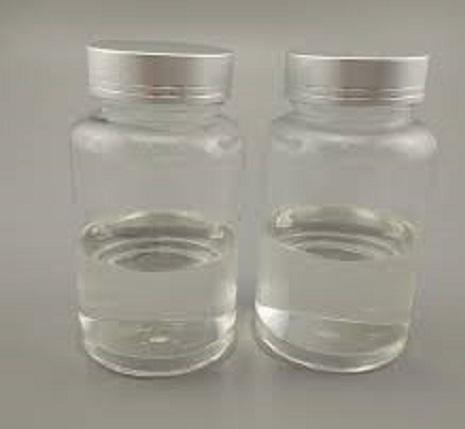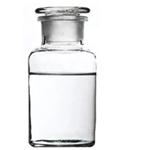Uses of Butyl acrylate
Dec 1,2021
Butyl acrylate is a chemical intermediate manufactured and processed almost entirely within closed systems to produce homopolymers and copolymers with little remaining monomer (<0.1 wt%).

Properties
Butyl acrylate readily polymerizes under the influence of heat and light and typically contains inhibitors to prevent spontaneous polymerization during storage, which must be under air because oxygen is required for the stabilizer to function effectively. Due to its flash point of 37°C, the storage temperature for butyl acrylate must not exceed 35°C.
Uses
Butyl acrylate monomer is used to make acrylic resins as well as emulsion (water-based) polymers. Water-based butyl acrylate polymers are used in architectural (e.g., latex paint) and paper coatings, adhesives and sealants, and leather and textile finishes. Butyl acrylate is also a useful feedstock for chemical syntheses because it readily undergoes addition reactions with a wide variety of organic and inorganic compounds.
Environmental Fate
Butyl acrylate is a liquid (5 hPa at w20 °C) under normal environmental conditions. At equilibrium in the environment, butyl acrylate will partition primarily to air (95%) with the balance to water (5%). In air, butyl acrylate will be removed by reaction with photochemically produced hydroxyl radicals (28 h half-life) and ozone (6.5 days halflife). In water, butyl acrylate is relatively stable to hydrolysis at acidic and neutral pHs (half-life≥1100 days) but will slowly volatilize to air (Henry’s law constant of 21.9 Pa m-3 mol-1 at 25°C) or be biodegraded (58–90% removal in 28 days). Based on its relatively low octanol–water partition coefficient (log Kow of 2.38) and rapid metabolism in biological systems, butyl acrylate does not pose a significant bioaccumulation hazard.
Safety
Butyl acrylate is of low acute toxicity with an LD50 (rat) of 3730 mg/kg.
In rodent models, butyl acrylate is metabolized by carboxylesterase or reactions with glutathione; this detoxification produces acrylic acid, butanol, and mercapturic acid waste, which is excreted.
- Related articles
- Related Qustion
Avatrombopag is used to treat thrombocytopenia (a low number of platelets [type of blood cell needed for blood clotting]) in people with chronic (ongoing) liver disease who are scheduled to have a medical or dental procedure to help prevent....
Dec 1,2021Blood system medicationButylated hydroxyanisole (BHA) is an antioxidant consisting of a mixture of two isomeric organic compounds, 2-tert-butyl-4-hydroxyanisole and 3-tert-butyl-4-hydroxyanisole. It is prepared from 4-methoxyphenol and isobutylene. It is a waxy s....
Dec 1,2021Food AdditivesButyl acrylate
141-32-2You may like
- Butyl Acrylate
-

- $0.00 / 200kg
- 2025-07-04
- CAS:141-32-2
- Min. Order: 200kg
- Purity: 99%
- Supply Ability: 20 MT
- Butyl acrylate
-

- $1.00 / 25KG
- 2025-06-27
- CAS:141-32-2
- Min. Order: 1KG
- Purity: 99%
- Supply Ability: 10 mt
- Butyl acrylate
-

- $80.00 / 1kg
- 2025-06-06
- CAS:141-32-2
- Min. Order: 1kg
- Purity: 99%
- Supply Ability: 20Tons





